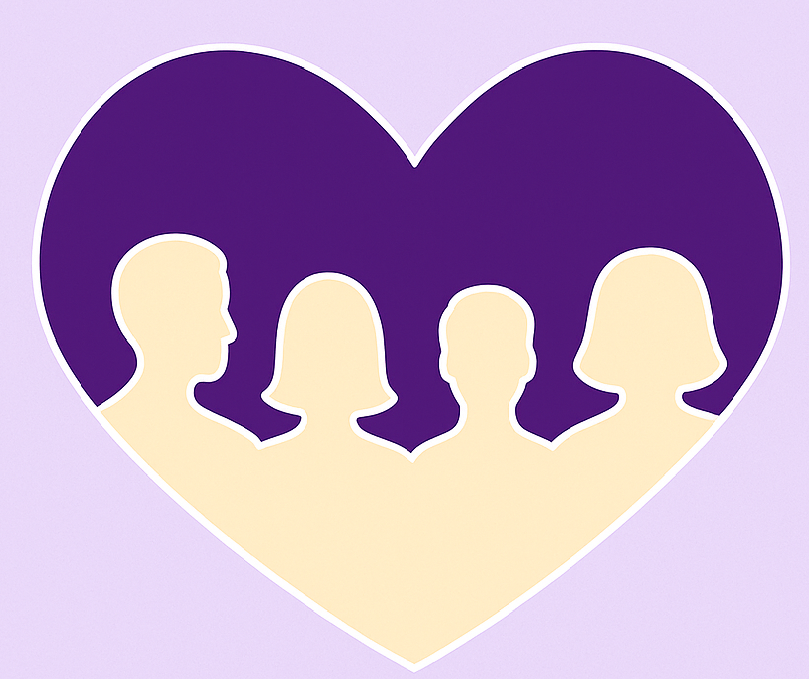Tag: narcissistic parents
-
Contribution is the need to give beyond yourself — but ACONs were forced to give without receiving. In narcissistic families, children often carried adult responsibilities or gave endlessly to maintain peace. Healing means learning to contribute from fullness, not emptiness, and discovering the joy of service that doesn’t drain you. The sixth human need is…
-
Growth is a universal need — but narcissistic families punished it. Many ACONs were shamed for independence or self-discovery. Healing means reclaiming growth as a safe, joyful process of becoming who you really are — not who your family demanded you to be. The fifth human need is growth — the desire to expand, learn,…
-
Love is a core human need — but narcissistic families replaced it with control. ACONs often grew up mistaking conditional love, manipulation, or trauma bonds for real connection. Healing means relearning what safe love feels like, and slowly building circles of belonging that honor who you are. The fourth human need is love and connection…
-
Everyone needs to feel important — but narcissistic families tie worth to performance. For ACONs, significance often meant being perfect, obedient, or useful. This creates lifelong perfectionism and shame. Healing means learning that you matter simply for existing — not for what you do. The third human need is significance — the desire to feel…
-
All human behavior is driven by six needs — but in narcissistic families, they’re twisted. Certainty, variety, significance, love/connection, growth, and contribution: these are universal. In healthy families, they’re met safely. In narcissistic families, ACONs are forced to meet them through survival roles — leading to shame, anxiety, and trauma bonds. Healing means reclaiming these…
-
Reparenting means giving yourself the care your parents couldn’t provide. It’s about learning to meet your own needs with compassion and consistency. For Adult Children of Narcissists (ACONs), reparenting is a powerful way to break cycles of neglect and abuse. Many survivors of narcissistic families reach adulthood carrying unmet needs from childhood. Instead of love,…
-
TL;DR Parentification forces children to grow up too fast. In narcissistic families, children are often made responsible for meeting the parent’s needs — emotional, practical, or both. This role reversal is called parentification, and it leaves deep scars of guilt, anxiety, and lost childhood. Childhood is meant to be a time of growth, play, and…
-
Boundaries protect your peace — which is why unhealthy people resist them. In healthy families, boundaries are respected because the person matters. In narcissistic family systems, boundaries are treated as threats to control and image. A simple, calm “no” is enough to trigger pushback. You’re not the problem — the loss of their control is.…
-
For many Adult Children of Narcissists (ACONs), criticism wasn’t rare — it was daily life. Instead of encouragement, warmth, or guidance, you may have received a steady stream of negative comments about your appearance, abilities, or worth. For many ACONs the focus was on the passions of your life. Over time, constant criticism becomes more…
-
Many Adult Children of Narcissists (ACONs) describe their childhood homes the same way: “I always felt like I was walking on eggshells.” This phrase captures the constant tension, fear, and unpredictability that comes with growing up in a narcissistic family system. But here’s the truth: walking on eggshells is not normal. It’s a sign of…
